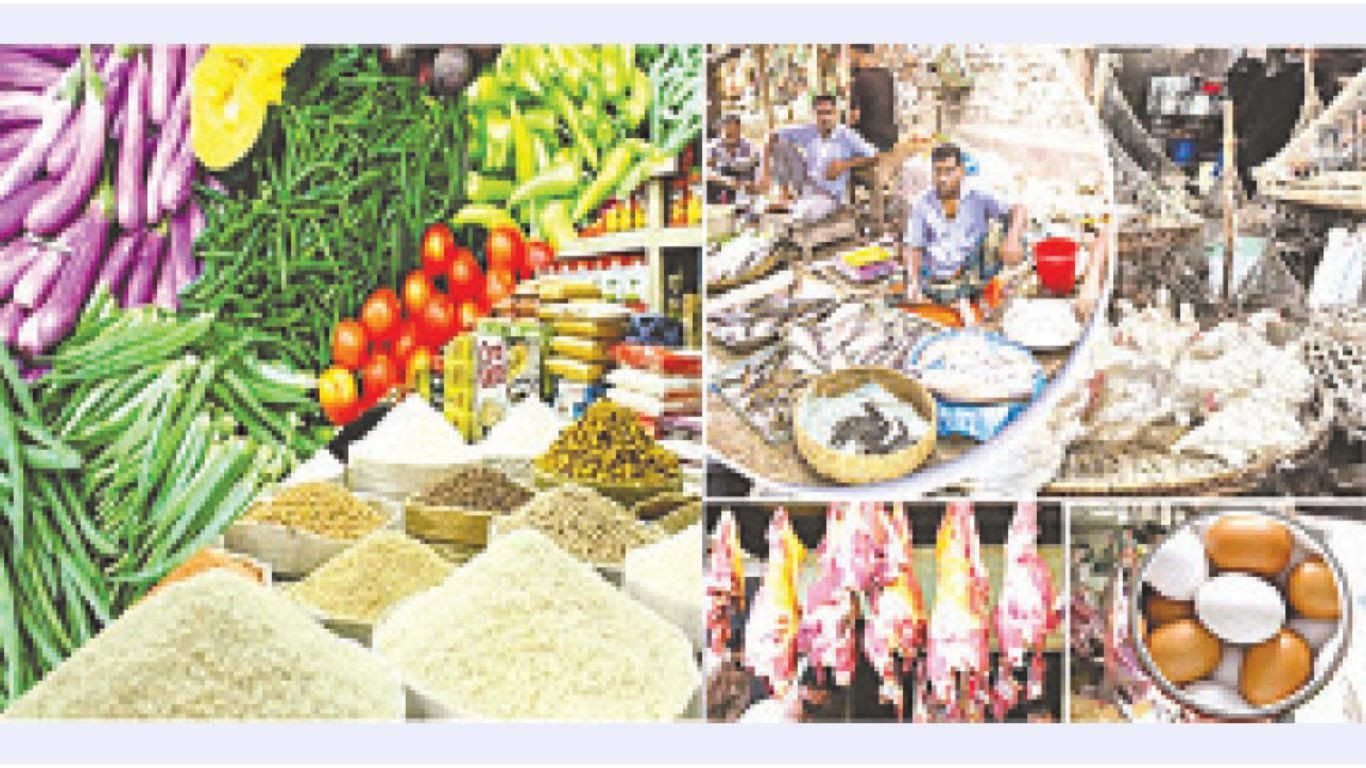PPRC survey
70% of people worried about the escalating cost of goods
Due to various economic, political, and family-related anxieties, nearly 46 percent of people have lost hope in the future
Daily Sun Report, Dhaka
Published: 24 Sep 2025

About 70 percent of the country’s people have expressed concern over the rising cost of goods. Presenting the results of the survey’s “family psychology” section, it was stated that about 20 percent of people are currently facing financial hardship. Among them, 67 percent are struggling with medical expenses and 27 percent with debt repayment. Due to various economic, political, and family-related anxieties, nearly 46 percent of people have lost hope in the future.
Although bribery has decreased compared to before, 74 percent of those who experienced harassment said that nothing works without money.
These findings came out in a survey conducted by the private research organization Power and Participation Research Centre (PPRC). On Monday night, the results of the recent survey were presented during a virtual discussion titled “Psychological State at the Family Level.” The survey was conducted last May among 8,067 households across the country. The keynote paper was presented by PPRC’s Executive Chairman, Dr. Hossain Zillur Rahman.
The survey highlighted the main causes of people’s anxiety. It showed that 65 percent of respondents are worried about their children’s education. Additionally, 55 percent are concerned about juvenile crime, and 56 percent about drugs.
On personal aspirations, 53 percent of people emphasized the importance of social respect. At the same time, they want improvements in economic and healthcare services. Regarding political aspirations, 56 percent prioritized tackling corruption. Overall, due to multiple crises and worries, about 46 percent of people have lost hope for the future, while 54 percent are still unwilling to give up.
In the panel discussion, former ambassador M. Humayun Kabir said that the state has been structurally turned into an informal system, creating clan-based governance. Those who are organized are enjoying the benefits, while the general public remains excluded due to their disorganization. Previously, earning money was the third priority in society, but now people are prioritizing earning money by any means. He also added that in South Asia, no country has a stronger fighting spirit than Bangladesh. Since independence, this spirit has been the driving force behind people’s progress.
Hossain Zillur Rahman noted that inflation or rising prices is the number one and most significant concern for everyone. Declining incomes have become a major worry for the middle and lower classes, while even the upper class has seen some reduction in income. Many entrepreneurs are also experiencing a shortage of capital. Among the upper class, loan repayment has become the second major concern, while food insecurity is the third, affecting 40 percent of poor families.
Researcher Bhuiya Mohammad Asaduzzaman from Dhaka Institute of Research and Analytics (DAIRA) said that although young people’s frustration is growing, it will not weaken state institutions. This is because the informal governance practices of institutions are the real cause of such resentment. He raised the critical question of why reforms have not been possible despite repeated uprisings. According to him, harassment issues are not directly tied to money but stem from the fact that services remain unavailable in practice despite being present on paper. He pointed out that harassment is more common in urban areas, possibly due to the higher number of floating populations. He suggested that this matter should be investigated further and also called for this survey to be conducted annually.
During the open discussion, Dr. Mustafizur Rahman, Distinguished Fellow of the Centre for Policy Dialogue (CPD), said it is disappointing that a large portion of people are not optimistic. He emphasized the need to think deeply about why so many people have lost hope so quickly.

